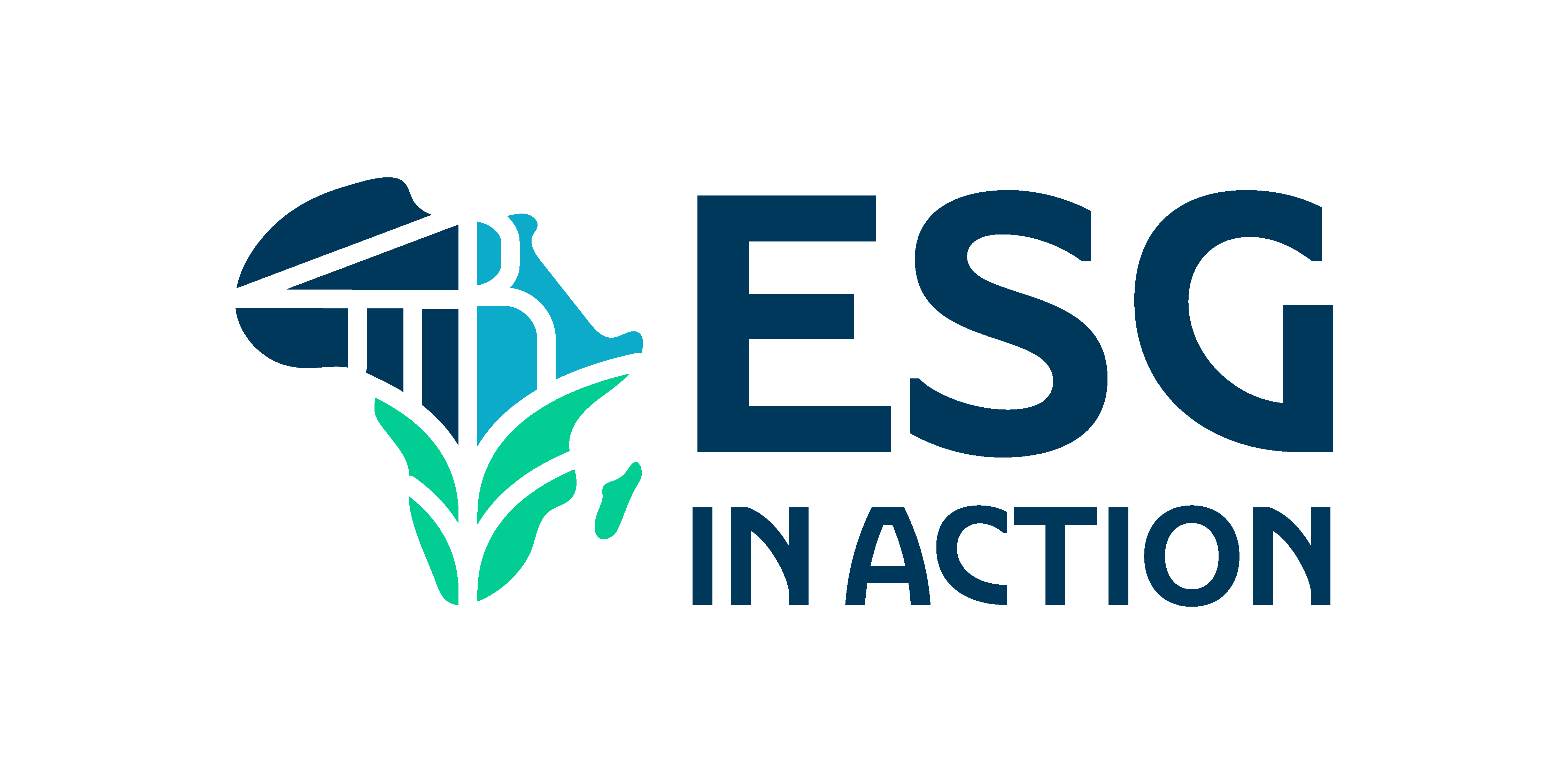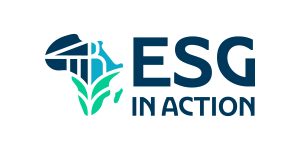
IFRS Sustainability Standards: What Nigerian Companies Must Do Now


Investors’ expectations are shifting, and as the public and private sectors’ focus on ESG compliance grows, companies are expected to show how they manage environmental, social, and governance risks in their operations. This has made Sustainability reporting a critical requirement for businesses in Nigeria as well as other African nations.
The International Sustainability Standards Board introduced the IFRS Sustainability Disclosure Standards, establishing a global reporting framework. Nigeria’s Financial Reporting Council (FRC) has also published a roadmap to guide companies through the adoption process.
Many companies are still unsure of where to begin or how to approach the process. However, with clear steps and the right support, this transition can be managed in a way that strengthens not only business performance but credibility. This article outlines the key actions Nigerian companies should consider now and explains how ESGiAA supports businesses through this change.
Why the New Standards Matter


The IFRS S1 and S2 standards guide companies on how to report on sustainability and climate-related issues that could affect their financial standing. These standards are not isolated from regular business operations; they are designed to be part of the overall financial disclosure process.
For Nigerian companies, this changes how sustainability is approached. It is no longer enough to talk about corporate social responsibility in vague terms. Investors, regulators, and international partners now expect clear, data-driven information about how you manage risks and opportunities related to sustainability.
This change means that even though the standards may not yet be mandatory for all businesses, the pressure to align with them is already growing. According to the FRC’s roadmap, public interest organisations are expected to comply fully by 2028, while small and medium-sized entities would follow by 2030.
It is worth noting that early adopters and voluntary participants have already begun the process, setting the tone for others. Companies that fail to act may find themselves excluded from lucrative funding opportunities, business partnerships, and investment deals.
Taking the First Steps: What Companies Should Do Now


Although the national roadmap outlines different adoption phases, it is important for companies to begin preparing today. Early preparation will reduce the pressure of future deadlines and position companies as forward-thinking and responsible.
To begin with, companies need to take the following steps:
- Identify What Matters Most: One of the first tasks is to carry out a materiality assessment. This helps businesses identify the sustainability opportunities that are most important to their operations and stakeholders. For example, an energy company may need to focus on emissions and resource use, while a financial institution might prioritise governance and social impact.
This process makes it easier to decide what should be measured and reported. It also helps in making ESG disclosures more focused and relevant.
- Connect ESG to Business Strategy: It is also important to align sustainability with overall business goals. This means going beyond reporting to actually improving practices that relate to the environment, society, and governance (ESG). For example, reducing waste, improving supply chain transparency, or enhancing workplace policies can all be part of a strong integrated strategy.
Taking action in these areas not only supports future reporting efforts but also helps to build stakeholder trust
- Build Internal Capacity: Next, companies need to ensure that their internal teams understand the basics of sustainability reporting. This may involve training staff, setting up new teams or roles, and developing systems to track relevant data.
Sustainability reporting is not a one-time activity. It is something that will need to be built into the company’s regular operations. It involves input from various departments such as finance, operations, and risk management, so good coordination is also essential.
- Begin Voluntary Reporting: Even if a company is not yet required to comply with the standards, starting voluntary reporting is a smart move. It provides a chance for businesses to test their internal processes, gather feedback, and make improvements before the requirements become mandatory.
Voluntary reporters—especially those participating between 2024 and 2027—will have the advantage of building experience gradually and adjusting their approach before reaching full compliance. This approach also signals to stakeholders that the company is committed to transparency and sustainability.
The Time to Act is Now


The roadmap released by the Financial Reporting Council outlines clear expectations. While not every company will face immediate deadlines, the direction of change is clear. Sustainability reporting will soon be part of how every serious business in Nigeria is evaluated.
By acting early, companies can avoid the risks of last-minute compliance. More importantly, they can use this opportunity to build stronger, more resilient organisations. ESGiA is here to support businesses through this shift, ensuring they meet expectations and stay competitive in a changing environment.
Now is the time to move from awareness to action. Companies that start preparing today will be better placed to lead tomorrow.
How ESGiAA Supports This Transition


At ESGiAA, we understand that navigating sustainability standards can be complex. That is why we offer support to companies at every stage of the process. From conducting materiality assessments to setting up reporting systems and developing long-term ESG strategies, our goal is to make the transition as clear and practical as possible.
We also provide training and advisory services that help internal teams build confidence in handling ESG disclosures. Whether a business is preparing for voluntary reporting or aiming for full compliance in a few years, ESGiAA offers guidance that is grounded in international standards and local realities.



